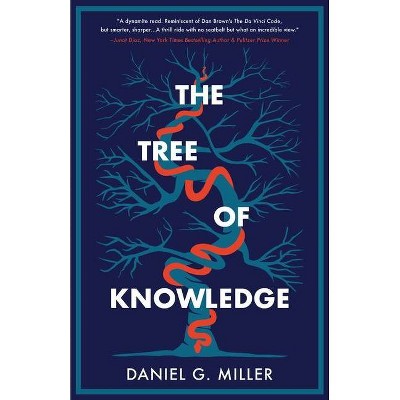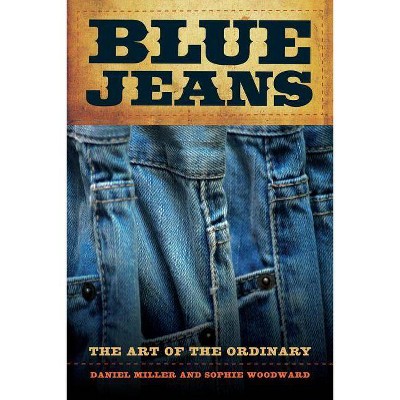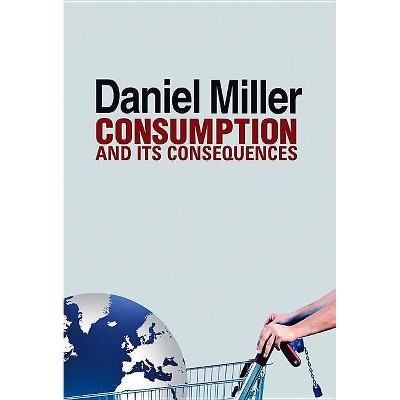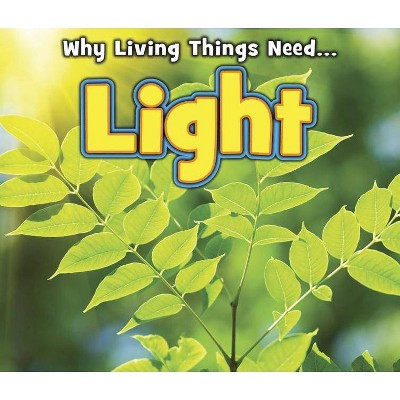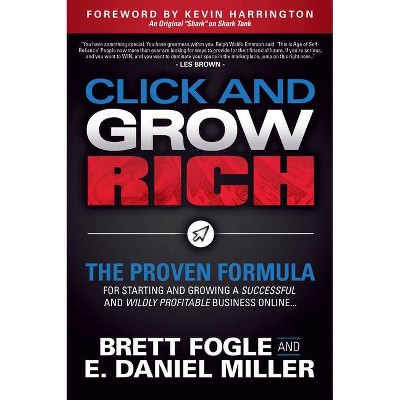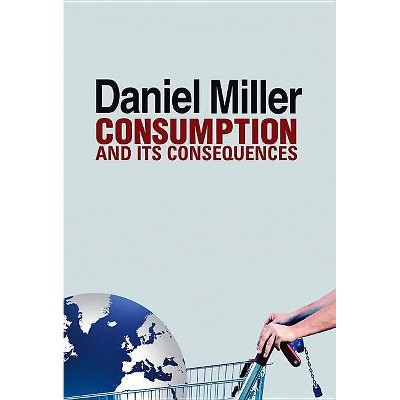The Comfort of Things - by Daniel Miller (Paperback)
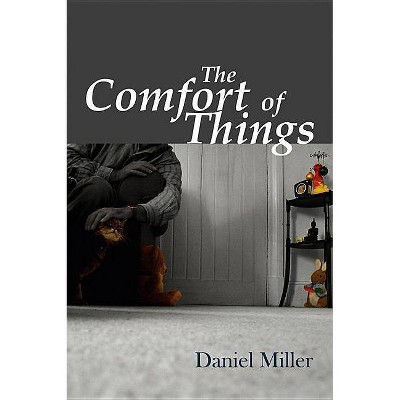
Similar Products
Products of same category from the store
AllProduct info
Miller's moving account...is a stout defence of that pejorative notion: 'only sentimental value.'He builds up a tapestry of the variety of ways in which people use things to express themselves and make meaning in their lives. The nondescript, the ordinary can be invested with great value. <br /> <b>The Guardian</b><br /> <br /> <p>An outstanding piece of work: a fine example of modern anthropological fieldwork, a powerful corrective to the banal notion that materialism is synonymous with excessive individualism and, perhaps above all, an informed, sensitive, and wholly sympathetic guide to the human diversity to be found through the keyholes of our capital city.<br /> <b>Laurie Taylor, <i>The Independent<br /> </i></b><br /> A wonderful and unusual antidote to the fear that humanity and individuality is losing its battle with modern consumerism. In his book, even the most trivial product of consumerism can be rendered almost magical by its owners.<br /> <b><i>Financial Times</i></b></p> <p>This book sums up how far social anthropology has progressed since Henry Mayhew wrote about the skull shapes of costermongers in the 19th century.<br /> <b><i>New Statesman<br /> </i></b><br /> A set of delicately drawn pen portraits of lives in a single, unnamed South London street ... this is a book quite out of the ordinary. While you read these pages, this is the street where you live.<br /> <b><i>Times Literary Supplement</i></b></p> <p>[I]t would be an injustice to Daniel Miller and to the exquisite text he has crafted to describe <i>The Comfort of Things</i> as anything less than beautifully written ... This particular book opens up a variety of avenues for exploration, and serves as a reminder of what sociologists can learn from such rich anthropological research.<br /> <i><b>British Journal of Sociology</b></i></p> <p>This is social anthropology at its finest.<br /> <b>Steven Carroll, <i>The Age</i></b></p> <p>This is the very best kind of micro-ethnography. Miller writes better - and with more insight and compassion - than most novelists. This book will profoundly change the way you look at your friends' and neighbours' homes and possessions - and indeed your own.<br /> <b>Kate Fox, <i>Social Issues Research Centre</i> and author of <i>Watching the English</i></b></p> <p>I am so impressed by Danny Miller's book. It is so keenly felt and beautifully written, it provides as deep a view of modern Londoners as early anthropologists tried to provide of residents of more distant and exotic zones. Miller has produced a marvelously personal and creative work, provoking us to wonder at the extraordinary attachments of ordinary people. This is a great and lasting achievement.<br /> <b>Sharon Zukin, <i>Brooklyn College</i></b></p> <p>Through shoe leather fieldwork, human empathy, and unflinching readiness to discern, Daniel Miller shows the central role of material culture in contemporary urban life. An instant classic.<br /> <b>Mitchell Duneier, <i>Princeton University</i></b></p> <p>An artful antidote to continually demonised consumerism.<br /> <b><i>Crafts Magazine</i></b></p> <p>A timely reminder that investing possessions with meaning is proof of humanity rather than inhumanity.<br /> <b><i>Blueprint</i></b></p> <p>In this remarkable book Daniel Miller provides an illuminating portrait of people's relations to the ordinary objects that surround them. The result is a surprising meditation on how we all maintain order in our daily lives.<br /> <b>Viviana Zelizer, <i>Princeton University</i></b></p> <p>This book offers a bold and creative model for how we might go about the work of theorising and abstracting, trying to tell more or less convincing stories about the 'relationships which flow constantly between people and things'.<br /> <i><b>Environment and Planning D: Society and Space</b></i></p>
Price History
Price Archive shows prices from various stores, lets you see history and find the cheapest. There is no actual sale on the website. For all support, inquiry and suggestion messages communication@pricearchive.us
